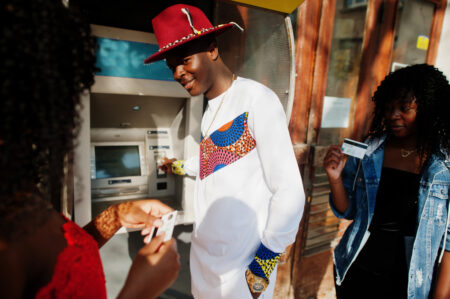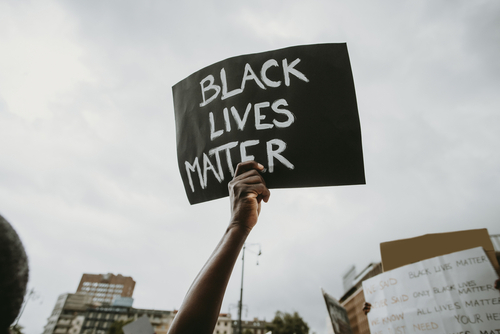Two Black former TikTok employees recently filed a complaint against the company’s owners for racial discrimination in the workplace.
As reported by USA Today, in a complaint filed Thursday, ex-employees Nnete Matima and Joël Carter are accusing ByteDance, the parent company of the TikTok platform, of forcing them to leave the company after they reported discriminatory actions from their managers.
Filed with the Equal Employment Opportunity Commission, in her complaint, former sales employee Matima reported that her supervisor used racially discriminating language when referring to her and increased her sales outreach quota more than the one set for her white peers.
Meanwhile, in his complaint, Carter reported that, although he had the same qualifications, education and experience as the other employees, he was forced to work in a lower position and was given a lower salary.
When the two employees made note of the discrimination, they were receiving because of their race, both Matima and Carter were terminated from their positions; in their formal complaint to the EEOC, they noted that they were the only Black employees in their sectors.
In the filed document for the case, the representatives of Matima and Carter claimed that this retaliation for reporting discrimination is a pattern that’s common amongst a variety of Silicon Valley and American companies.
“Corporate leaders say they support racial and gender equality in the workplace, tell their workers to speak up when they believe they’ve been discriminated against or harassed, and say they take every single discrimination or harassment complaint,” said the representatives. “But when workers summon the courage to complain about discrimination or harassment, the same corporate leaders pass the buck, express disbelief that discrimination is a problem at their companies, and deploy so-called ‘neutral’ investigators whose primary purpose is to sweep discrimination under the rug.”
“Against all odds, these corporate leaders seem to believe that systemic discrimination exists everywhere except their own companies,” they added.
Previously, TikTok has made headlines for their lack of acknowledgment and compensation to Black creators who are creating popular dance trends on the platform.
Today my brave & brilliant clients Nnete Matima and Joel Carter filed a clas action charge w/ @USEEOC alleging that TikTok has a practice of retaliating against people of color who complain of racial bias. Great coverage by @NPR @WashPost @Bloomberg @CNN https://t.co/nhlHxGikiG
— Peter Romer-Friedman (@PRFlaw) September 21, 2023
Set to popular songs such as Megan Thee Stallion’s “Savage,” dance crazes created by Black creators would only go viral after a white TikToker, such as popular TikTokers Addison Rae and Charlie D’Amelio, copied them.
As a result of the dances being stolen from them, Black TikTok creators went on strike in 2021; starting from Juneteenth, multiple Black TikTok creators symbolically boycotted the platform, refusing to create new dances for the release of Megan Thee Stallion’s upcoming single at the time.
The platform also recently made headlines last year with their Black History Month celebrations. During the app’s Black History Month event, TikTok prioritized non-Black attendees before Black creators in a Zoom event with rapper Nicki Minaj.
In the event marred with technical issues, TikTok organizers selected non-Black attendees to ask Minaj a majority of the questions with only two out of six questions coming from Black creators.








